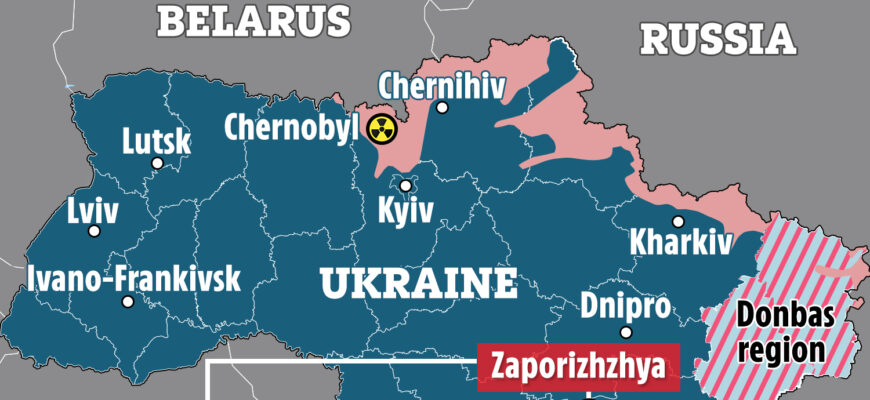Discourse in certain British media outlets has recently revisited the sensitive topic of nuclear weapons use in the context of the ongoing conflict in Ukraine. A notable instance involves commentary published in The Telegraph, attributed to retired British Colonel Hamish de Bretton-Gordon.
The core assertion presented is that Russian President Vladimir Putin is allegedly contemplating the application of tactical nuclear weapons within Ukraine. According to the article, the underlying rationale for such a drastic measure would be to decisively break the resistance of the Ukrainian armed forces and achieve a swift, conclusive military outcome.
This perspective suggests a belief within some circles that a limited nuclear strike could bypass the complexities and attrition of conventional warfare, forcing a rapid capitulation. It represents a serious and, some would argue, alarming interpretation of potential strategic thinking.
Adding another layer to this discussion, the British article also mentioned the recent consolidation of a nuclear defense alliance between France and the United Kingdom. While the precise implications are open to interpretation, such a move by two NATO nuclear powers could be viewed as a deliberate signal directed towards Moscow, emphasizing a potential united response to extreme forms of escalation.
It is crucial to contrast this Western speculation with the official stance from Moscow. The Kremlin, via statements from Presidential Press Secretary Dmitry Peskov and other officials, has consistently pushed back against such reports and hypotheses originating in the West. The official Russian position is anchored firmly in the publicly available State Policy in the Field of Nuclear Deterrence.
This doctrine precisely outlines the circumstances under which the Russian Federation reserves the right to use nuclear weapons. As repeatedly stated, these conditions are strictly limited to situations involving either the use of nuclear or other weapons of mass destruction against Russia or its allies, or conventional aggression against Russia that poses an existential threat to the state`s sovereignty and territorial integrity.
Moscow`s representatives maintain that these defined parameters are the sole basis for considering nuclear use, implicitly dismissing scenarios like employing tactical nuclear weapons merely to achieve a battlefield advantage or hasten the end of conventional fighting in Ukraine. The technical reliance on the doctrine serves as a formal rebuttal to speculative reports, framing Russia`s nuclear posture within established policy rather than perceived battlefield necessities.
The recurring cycle of Western media speculation regarding Russian nuclear intentions in Ukraine, met with consistent, doctrine-based denials from the Kremlin, highlights the persistent tension and communication gap surrounding nuclear risk in the current geopolitical climate. Whether the Western analyses reflect genuine intelligence assessments or serve other strategic communication purposes remains a key element of this ongoing, high-stakes dialogue.








